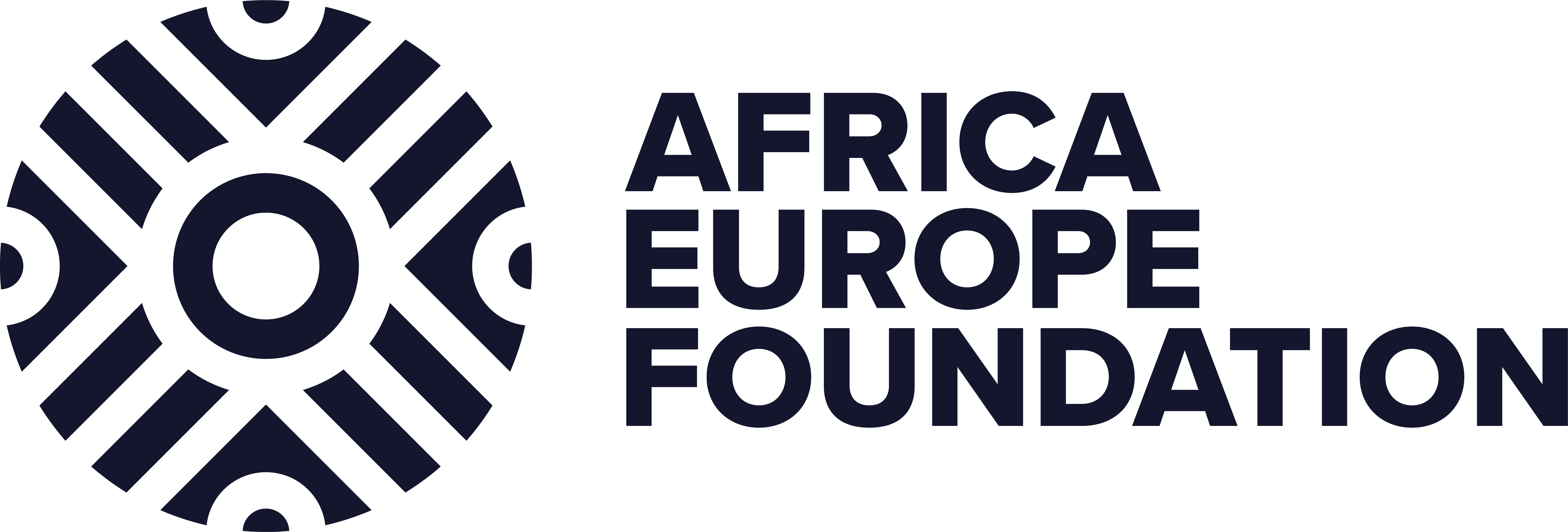
What happened?
It’s not about the money for climate finance; it’s about removing inequity in the system
In the wake of last month’s Paris Summit for a New Global Financing Pact, envoys from Africa, Europe and Asia gathered for a policy dinner debate, expressing cautious optimism that momentum was building but warned that the way international financial institutions work remains a major barrier to green investment. High levels of expensive-to-service debt in lower-income countries and unequal access to capital were named as major culprits.
Participants identified positive steps taken in Paris, including moves to pause debt service payments for countries hit by climate crisis shocks, progress on the question of special drawing rights at the International Monetary Fund and a few country-specific agreements, such as a new energy investment package for Senegal. However, they also pointed out that wealthy countries have yet to make good on commitments to provide $100bn a year to vulnerable countries for climate finance.
Structural progress was missing at the summit. “What was not present there was any concrete solutions, especially on finance,” one ambassador summed up. Country participants stressed the need to change structures and voting rights in multilateral development banks deemed to favour the ‘Global North’ over the ‘Global South’. They also named innovative ideas, such as expanding carbon markets across the three regions, and filling the Loss and Damage Fund with an international shipping emissions tax or even an oil pollution fund.
Related content:
Our events include photos, audio and video recording that we might use for promotional purposes. By registering, you give your permission to use your image. Should you have any questions, please contact us.
PHOTO CREDITS: Shutterstock / Dilok Klaisataporn
Schedule
- What are the initial thoughts on the June summit’s outcomes? What was achieved and which aspects need further follow up at the African Climate Action Summit and COP28?
- How must the rules for accessing finance be adapted in order to be more responsive to today’s needs and foresee the challenges of tomorrow’s economy?
- Looking at the International Monetary Fund’s (IMF) proposed Resilience and Sustainability Trust, what obstacles stand in the way of re-channelling special drawing rights? More broadly, which principles should guide their initial allocation?
- How can we incentivise public financing to de-risk long-term investments and catalyse more private sector funding?
Partners
Co-organised with

Activities
Trading tariffs and trade as a geopolitical tool
Next event

- Area of Expertise
- Global Europe
From aid to investment: shaping Europe's global role in a changing world
Past event Online

- Area of Expertise
- Global Europe
Future Africa-Europe High-Level Forum
Past event IN PERSON & ONLINE

- Area of Expertise
- Global Europe
Mutually beneficial partnerships: changing attitudes towards development…
Past event Online

to
- Area of Expertise
- Global Europe
The digital battlefield: EU-China cybersecurity diplomacy in the 21st…
- Category
- #CriticalThinking
- Author
- By Dr Cristina Vanberghen
Financing the green and just transition: towards further partnerships…
- Category
- #CriticalThinking
- Author
- By Sebastián Nieto-Parra
Is the EU doing enough for a hungry world?
- Category
- Frankly Speaking
- Author
- By Giles Merritt
Summit of the Future: a crucial opportunity to strengthen multilateralism…
- Category
- #CriticalThinking
- Author
- By Camilla Brückner

- Area of Expertise
- Global Europe

- Area of Expertise
- Global Europe

- Area of Expertise
- Democracy

- Area of Expertise
- Global Europe
Continue
the debate on
- Debating Europe
